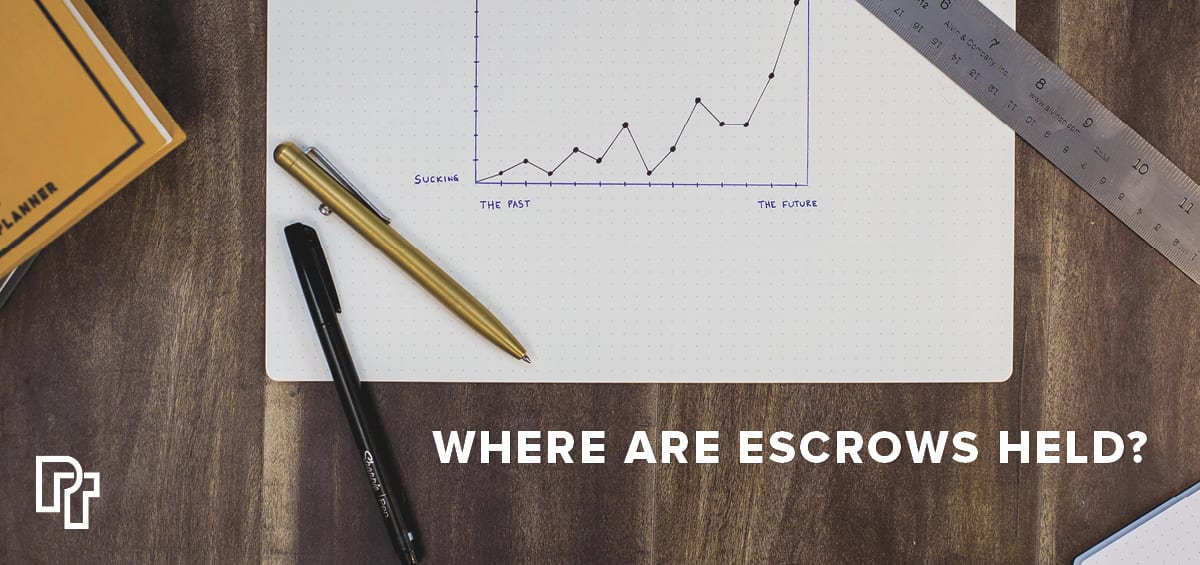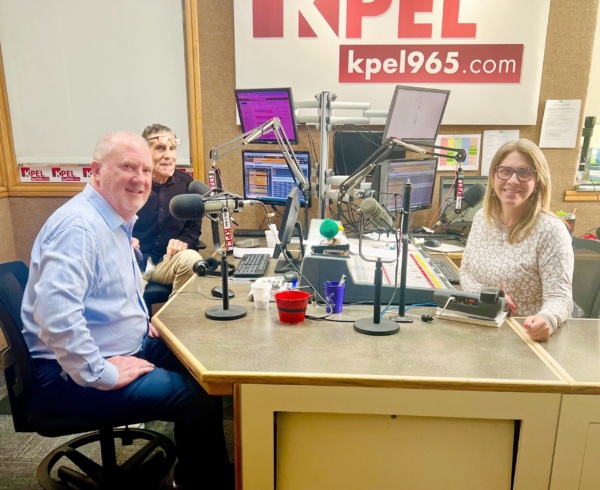One aspect of a real estate transaction that all parties should have a clear understanding of before starting the buying or selling process is escrow. Mortgage lenders typically require that buyers put money and documents in escrow prior to a real estate purchase, but what exactly does that mean? Where does the money go when it is in escrow?
Escrow Protects Both Parties in a Real Estate Transaction
Escrow refers to an impartial third party hired to hold a valuable asset, usually cash or other property, along with key documents, until the real estate transaction is complete. When something is held in escrow, it simply means that someone independent of the transaction is holding the assets and documents associated with the closing process of a sale until it’s completed.
This provides assurance that the interests and funds of all parties are protected throughout the transaction.
It also makes the transaction safer by ensuring both the buyer and the seller meet their obligations in the process. It reduces the risk for all parties involved because no finances are exchanged between them personally. When the assets are in escrow, if one party doesn’t meet their obligations, the process is put on hold without money being distributed.
Understanding the Escrow Process
The amount required for escrow is usually agreed to by the parties in the purchase agreement, and may range as high as 1 to 3 percent of the total sales price. Normally, it’s a $500-$2,000 deposit. After an offer is accepted by the seller, the money is paid by the buyer and deposited in escrow. When the assets are in escrow, they are inaccessible to all parties until the sale is completed and title is transferred. The escrow closing is the end of the real estate transaction and represents the legal transfer of title from the seller to the buyer.
What happens to the escrow if the sale falls through?
That depends on what happened to cause the sale to collapse and the terms specified in the purchase agreement. In most cases, if the buyer backs out of the sale without a legitimate reason, the money they deposited in the escrow account may go to the seller. If the seller backs out, a buyer will usually get their money back. But, again, it all depends on the terms in the purchase agreement.
Buying or selling real estate is a big investment on either side of the sale, that’s why protections for both parties are so important. Though it may seem like an extra step in an already heavy process, escrow is necessary for ensuring that both the buyer and seller hold up their end of the agreement and money is safely transferred between them.







